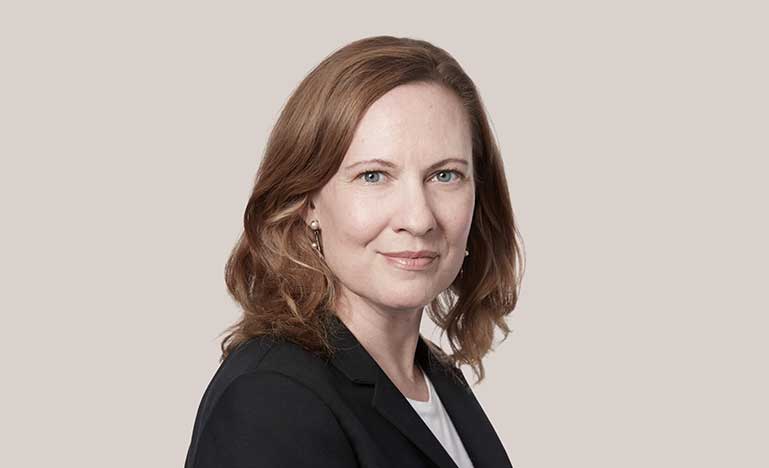Volunteers in human rights
To mark National Volunteer Week in Canada, we highlight five initiatives, and the CBA volunteers behind them, to inspire legal professionals.

Respect for human rights is something businesses need to do in every part of their operations, not just to comply with legislation or protect their reputation, but because it’s the right thing to do.
Around the world companies are required to examine their practices to ensure they conform with human rights at every point in their global supply chains.
A few years ago, a group of volunteer lawyers began the work of compiling what would become the CBA’s Business and Human Rights Guide. Claudia Feldkamp, who co-chaired the project, says the idea was to provide Canadian lawyers with the information they need to give the right advice to their corporate clients engaged in commercial activities across the globe.
The role of lawyers in helping businesses ensure a better and more just world in which human rights are respected has been recognized by the United Nations in a 2018 report to the General Assembly. That report said that lawyers could be a catalyst or an obstacle to positive change, depending on their mindset. But they also need the right information, and thanks to the BHR Guide, Canadian lawyers are equipped to help bring about human rights due diligence.
“I’m engaged in the issues, I think they’re important issues,” says Feldkamp about this area of law that is still relatively new. “I do think we have responsibilities and obligations around the professionalism of our profession.”
As with any volunteer project, there can be a few frustrating moments. This is particularly true in this case as the lawyers were gearing up to start working on the text of the Guide in March of 2020, just as the COVID-19 pandemic slowed everything to a crawl, with the added challenge of managing kids at home for many of them. “But that’s part of what I think lawyers are somewhat accustomed to doing, which is managing competing demands and figuring out how to get it done,” Feldkamp says.


